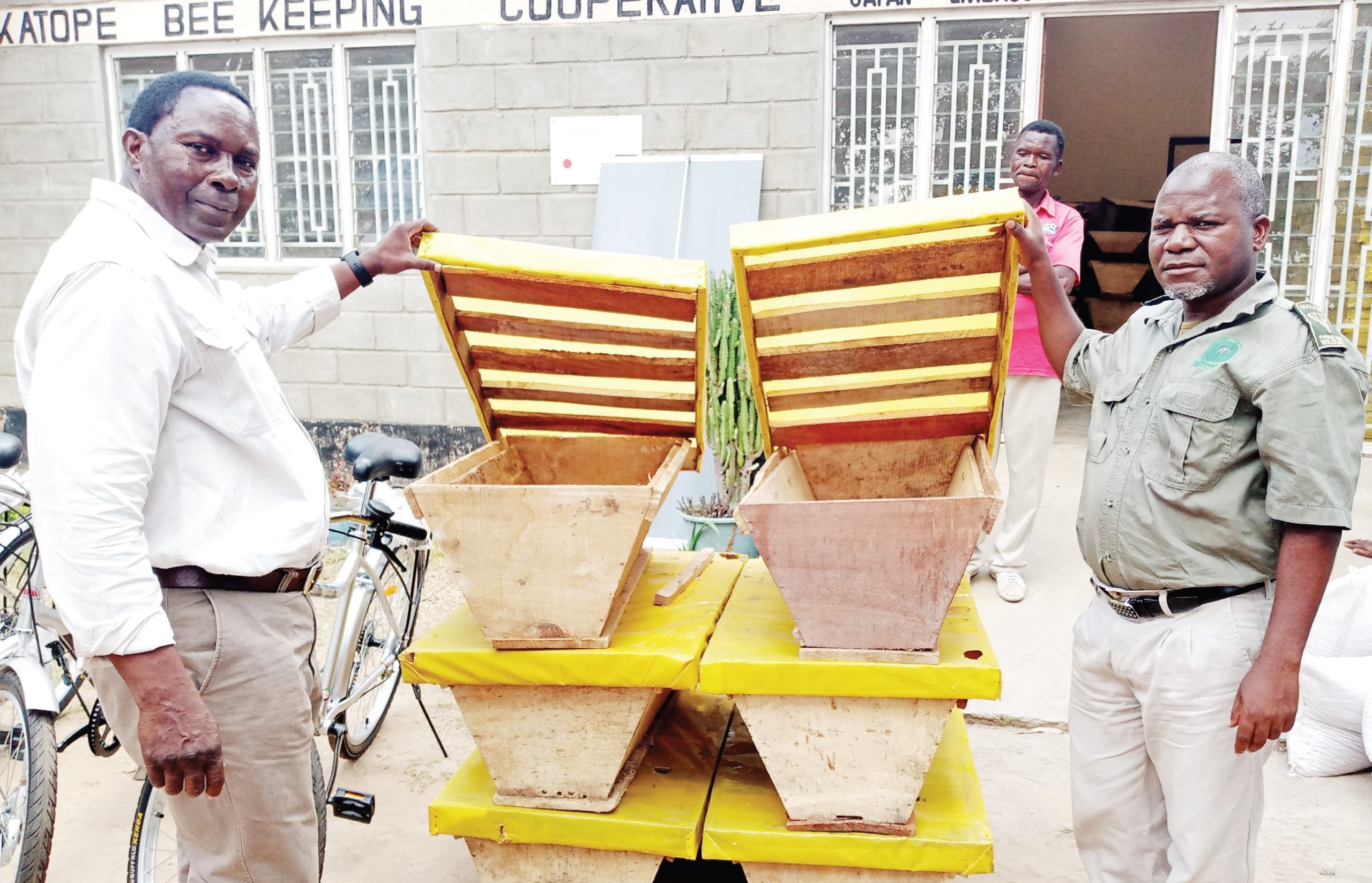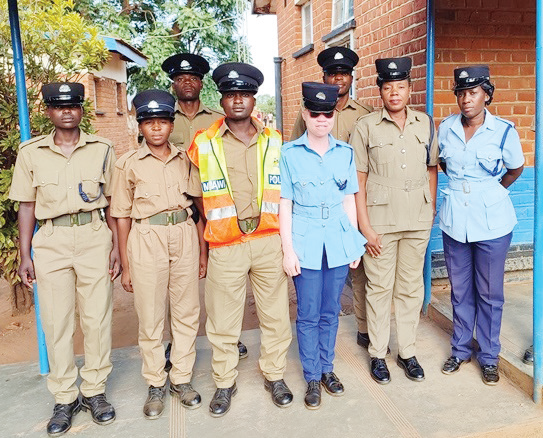BMS: How is it transforming local businesses?
With the launch of the Buy Malawi Strategy (BMS), government says the industry has seen a drastic drop of edible oil imports.
Malawi is not banning imported products but rather making local products, to be more competitive on the market.

Trade officials say they want to see more edible oils in our super markets unlike in the past when foreign oils flooded our shops.
This means local producers especially small and medium enterprises (SMEs) and cooperatives must become more competitive to substitute the imported edible oils.
One of the local SME’s group, Madisi Agro-Processors Cooperative Society Limited says in the past the edible oil it was producing was of low quality which made it impossible to sell on the local market let alone export.
Madisi Agro-Processors Cooperative Society Limited cooperative representative, Watson Kamchiriko, says they stood no chance to participate in trade fairs, exhibitions, quality improvement and marketing.
“We were not certified by the Malawi Bureau of Standards [MBS], because most of the time we were thinking and acting local not global. We lost huge sums of money, market opportunities and time,” he says.
Such is the story of most SMEs and cooperatives in the country.
So, to address the key productive capacity constraints among SMEs and cooperatives as identified in the National Export Strategy (NES), Malawi Government rolled out Enterprise Productivity Enhancement (Mepe), a project many see as a launch pad for BMS.
Implemented by the Ministry of Industry, Trade and Tourism, the project is part of the Common Market for Eastern and Southern Africa (Comesa) Regional Integration Support Mechanism programme being funded by the European Union (EU).
According to Ministry of Trade officials, through Mepe, Malawi will save about US$9 million (about K6.5 billion) in import substitution annually.
What is Mepe all about?
The project is part of the Regional Integration Support Mechanism (Rism) which is a Comesa Adjustment Facility Programme (AFP) that aims to assist countries from Eastern and Southern Africa and Indian Ocean (ESA-IO) to continue with the process of economic liberalisation.
Rism makes available resources that help to address some of the short-term transition costs at national level that may hinder the progress of liberalisation.
Government wants under Mepe, cooperatives to be able to produce about 10 000 litres of crude edible oil per day.
Since December 1 2015, Mepe has rolled out in eight districts: Mzimba, Salima, Dowa, Mchinji, Lilongwe, Phalombe, Blantyre and Mulanje.
Mepe is expected to improve productivity of oil seed processing of SMEs and cooperatives through enhanced capacity in the edible oils value chain to increase domestic and intra-Comesa trade in addition to textiles, clothing, and leather and leather accessories.
Through this project, the SMEs are now able to manufacture products that are certified by the MBS thus making the products not only acceptable in Malawi but in the Comesa and Sadc markets as well.
The leather sector is also making high quality footwear which can easily be exported to the region and beyond.
Secondly, the project will catalyse local production of garments and textiles such as uniforms, national wear and fabrics, leather and leather products that is shoes, wallets, bags and belts by strengthening participation of selected SMEs and cooperatives in domestic, regional and international trade.
Mepe project manager, Nelson Nsiku, says harmonisation of standards is key if locally made products are to do well on the international market or in Comesa and Sadc trade blocs.
“Upon the start of our work, Mepe had two pillars which were to domesticate the agreements and protocols under Comesa enhance the value addition capacity of cooperatives and SMEs, because these were key,” he says.
MBS standards manager Bishop Hauya agrees, saying harmonisation of standards now means products in the regions are rated using the same system.
“With help from Mepe, we were able to adopt 182 standards,” he says.
But to get SMEs and cooperatives understand the standardisation process was not easy, Hauya recalls.
“For example, in the edible sector where our focus was on improving the quality, we had to train them about hygiene. After that, we took the producers on a tour of Sable Farming Factory in Blantyre so that they could learn and experience how it is done from high-tech producers.
“After that, we helped them to prepare for quality certification,” said Nsiku who says they started with 11 SMEs and over 35 cooperatives that were trained in quality standards.
Today, Mepe has established centres of excellence in Phalombe and Mchinji where SMEs and cooperatives can be trained.
Apart from the oil producers, the textile and leather sector is also getting a major face-lift.
“Malawi has lots of tailors, textile and garment-making enterprises whose capacity is grossly under-utilised. This is where Mepe is coming in to inject energy, creativity, quality and enterprising approach in the textiles industry,” according to Nsiku.
Changing SME landscape
So are BMS and Mepe changing the SME landscape in the country?
According to spokesperson for Ministry of Trade, Tourism and Industry Wiskes Nkombezi, before Mepe they had very few cooperatives and SMEs that were aware of issues of standards and quality, and business linkages were weak.
“But now the Malawi industry is changing. The ground has changed. The Buy Malawi Strategy campaign dream launched on March 18 this year by the President is becoming a reality,” he says.
Nkombezi says BMS has also come at the right time and the Mepe Project has taken full advantage of the strategy to build the capacity of local producers.
“With Mepe we are slowly breaking the myth that local products are of poor quality. Today, cooperatives are able to produce high quality products,” purrs Nkombezi.
During a visit to Malawi where he attended and participated in the Mepe Project Steering Committee Meeting, Comesa Secretary General Sindiso Ngwenya described the project as life changing.
“This intervention has changed the lives of the communities by enabling them to have access to more, better and bigger markets,” he noted.
“Very soon the impact is expected to be greater when the production equipment is upgraded and factory warehouses are introduced. There will also be enhanced training to be conducted at the centers of excellence.” n





